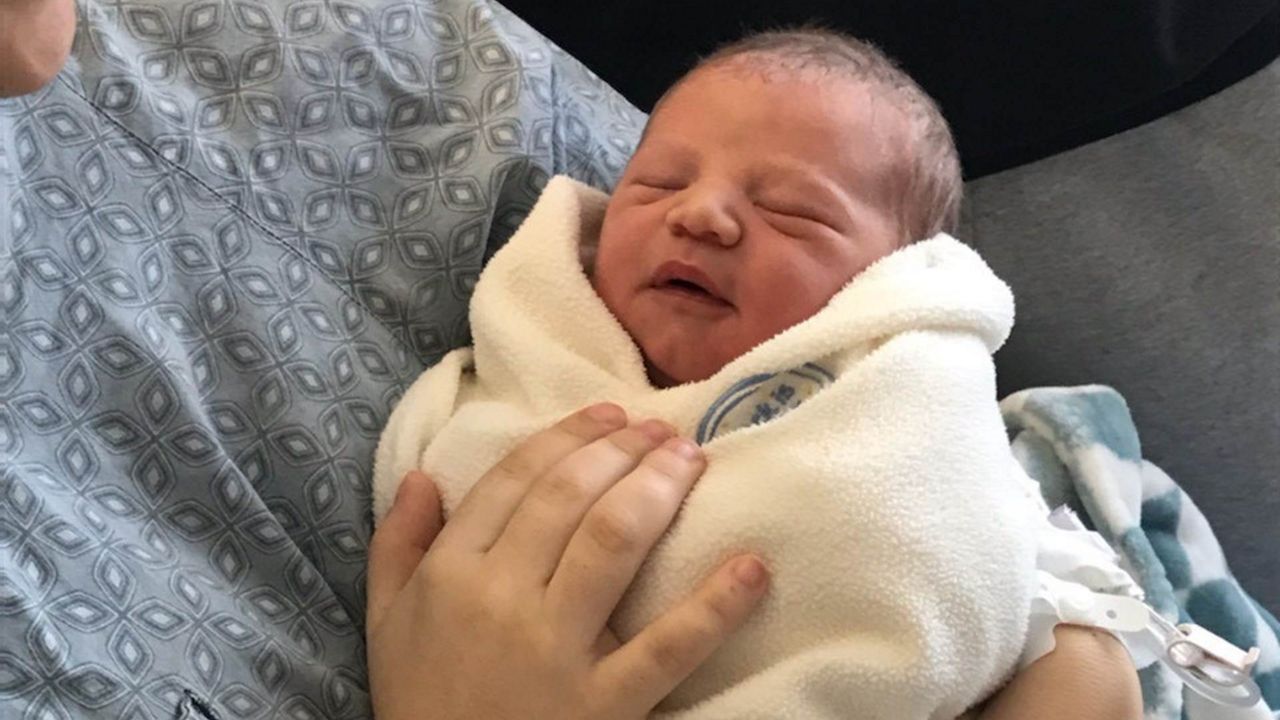OHIO — The governor has announced that the state of Ohio will begin screening all newborns for Duchenne Muscular Dystrophy (DMD), the first state in the country to do so.
The change was included in the 2024-2025 FY budget, signed by Gov. Mike Dewine, according to a press release from his office. The Ohio Department of Health’s screening program now includes DMD on a list of 40 conditions to look for once a baby is born.
“Today, Ohio is the first state in the country to screen for Duchenne Muscular Dystrophy (DMD) in newborns,” DeWine said in the release. “Adding DMD to the list of screenings newborns receive ensures that parents will be able to start initiating care early for children who are diagnosed with this condition.”
According to the National Institutes of Health, DMD is “one of the most severe forms of inherited muscular dystrophies.”
“It is the most common hereditary neuromuscular disease and does not exhibit a predilection for any race or ethnic group,” NIH’s description continues. “Mutations in the dystrophin gene lead to progressive muscle fiber degeneration and weakness.”
The governor’s release notes that symptoms often occur between the age of two and three, and that there is no cure but gene therapy can help “slow the progression of symptoms and improve quality of life.”
It continues to state that the required screening currently helps “improve health outcomes” of around 300 newborns and that they expect this new requirement would identify 35 cases of DMD in the state annually.
“This addition means more children in Ohio will have the chance to live their best lives,” ODH Director Bruce Vanderhoff said.
Finally, the release establishes that the state has eight “comprehensive genetics centers” and that Nationwide Children’s Hospital in Columbus, Akron Children’s Hospital and Cincinnati Children’s Hospital Medical Center are considered Certified Duchenne Care Centers.



